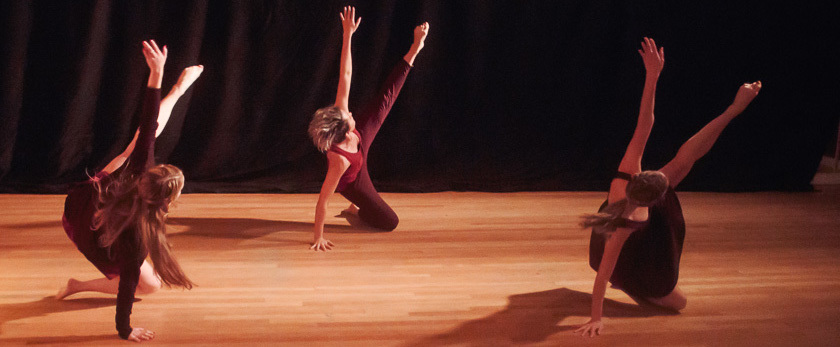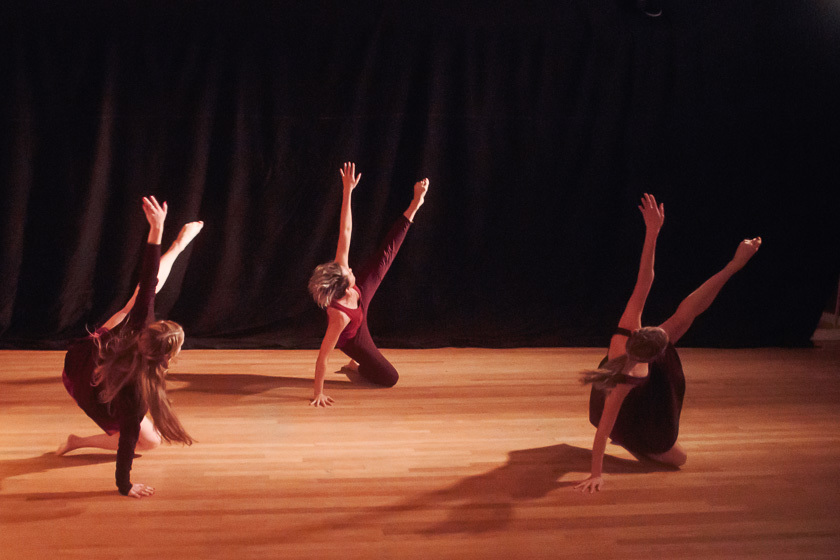As we work to fulfill our mission of serving families dealing with cancer and its aftermath, our process allows us to listen to, care for, and create with our participants.
Step one is to build relationships. This is a vital aspect of the project. We want to get to know people and walk alongside them as they battle this terrible disease or deal with its aftermath. As we meet people and hear their stories, the only criteria we use to determine participants is whether they have journeyed through cancer, either directly as the person diagnosed or as a friend or family member watching a loved one suffer through this disease. We make no discrimination based on faith, race, or sexual orientation. We may have our own personal beliefs, but our mission is to support and encourage anyone dealing with cancer--to help people tell their stories as they have lived them. There are many unheard struggles that accompany cancer, and that is exactly what we hope to shed light on. Our goal is to get to know people and simply to listen.
This is step two--to listen. “Cancer” is a well-known word and many people have experienced it in some capacity. There are millions of types of cancer, but each person, each journey, is unique. Even if two individuals receive the same cancer diagnosis, their experiences can be completely different. This is why we want to listen, instead of speak. So much of art is about communicating what we want to say as artists. Mei/Co. Dance simply wants to say, “You matter. Your story is worth hearing and worth telling.” Conveying value and worth to our participants is one of our primary objectives and we believe that comes simply through listening with a genuine and caring heart. Too often we want to add our own thoughts and experiences to someone else’s journey. We are all-too quick to project our own emotional needs into someone else’s situation. This is just human nature; we are all at fault here. Artists are especially guilty of artistic liberties and experiential interpretation. We constantly strive to “say something” through our art. Though a valid goal, that is not why Mei/Co. exists. Instead we just want to be the platform by which others can speak.
Step three is to create. Once we have established a relationship and taken the time to listen, we start dancing. As we create dance works that tell these stories, we want to continue to dialogue with our participants as much as they desire. This may consist of live or video showings of the work in progress, phone conversations, in-person meetings, or whatever is needed to get the participants’ feedback if they desire to contribute to the dance making process. However the process plays out, our main hope is to tell these stories with humility and accuracy and continually communicate our care and respect to all those with whom we have the opportunity to work. We see this work as an honor in which we get to participate.
The final step is a performance. We perform these works primarily for the participants and their loved ones. That is our main goal. We view our work as a gift we get to give to the hurting. However, if participants allow, we will also share these works with others. Our hope is that others can see these works and find hope and healing within them. We especially hope that those who have been touched by cancer can witness these works and know that they are not alone in their fight.
Whoever we work with, whatever is created, wherever we perform, our main hope is just to listen and to care for those who participate in this creative process with us. The projects we embark on are meant to give participants an alternative to simply accepting the struggle. We want to give them an opportunity to create something beautiful out of a painful situation. This creative collaboration allows us to help our participants create a moving memory from their experience--it’s their story, their journey, their legacy. We hope that these projects can bring healing to those with whom we work and any who see the final product. There is healing in telling one’s story. There is hope in hearing another’s journey.

